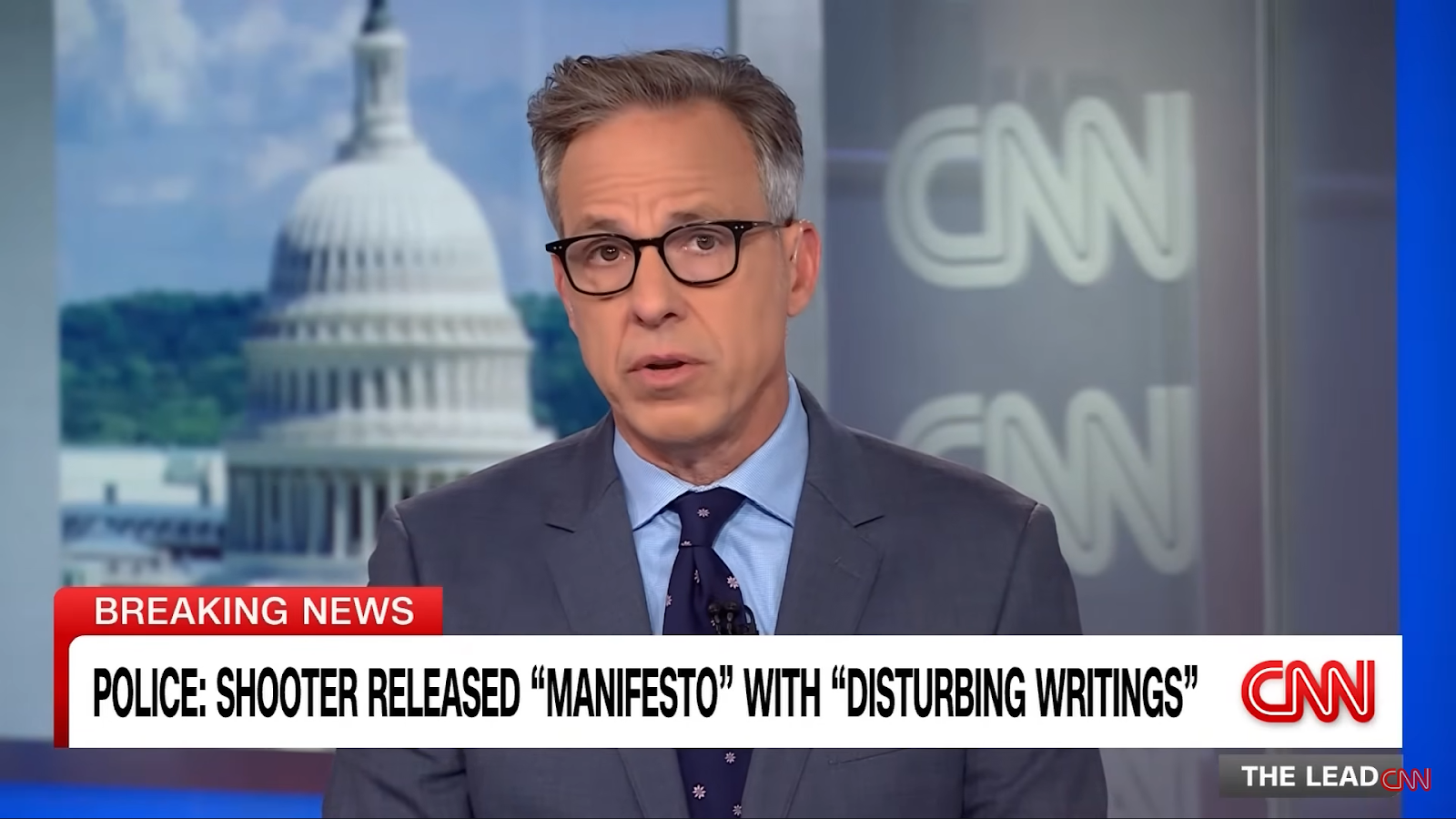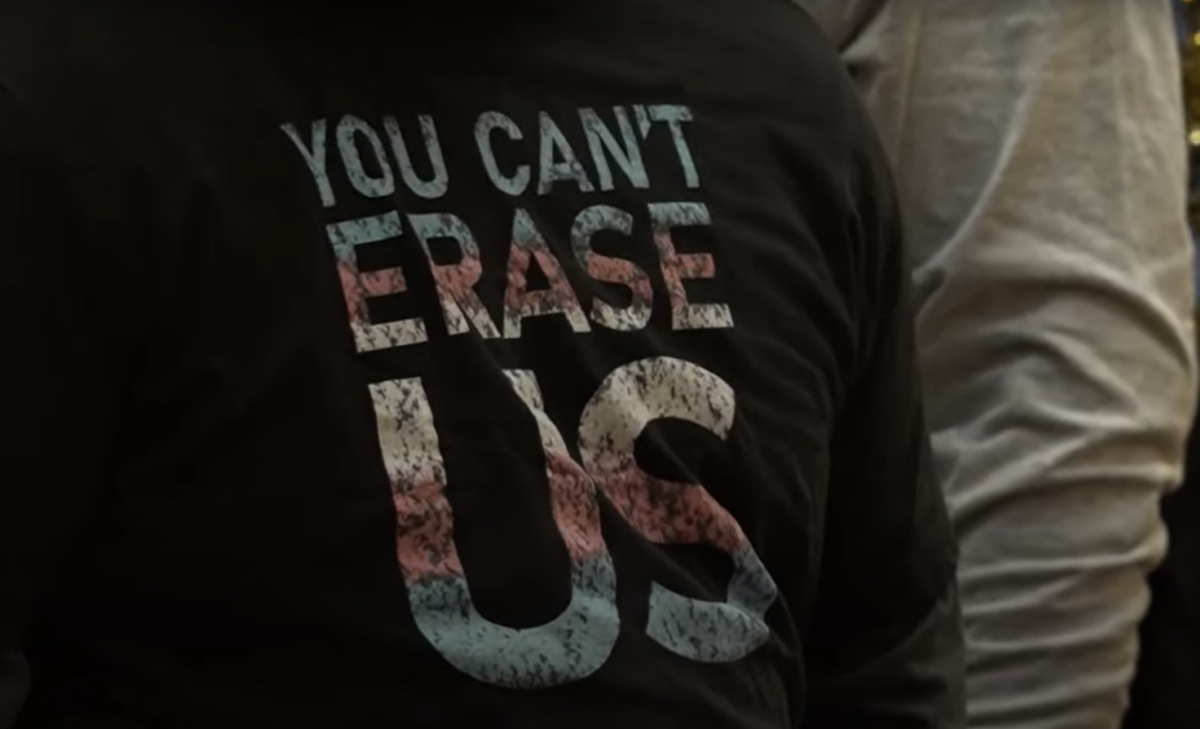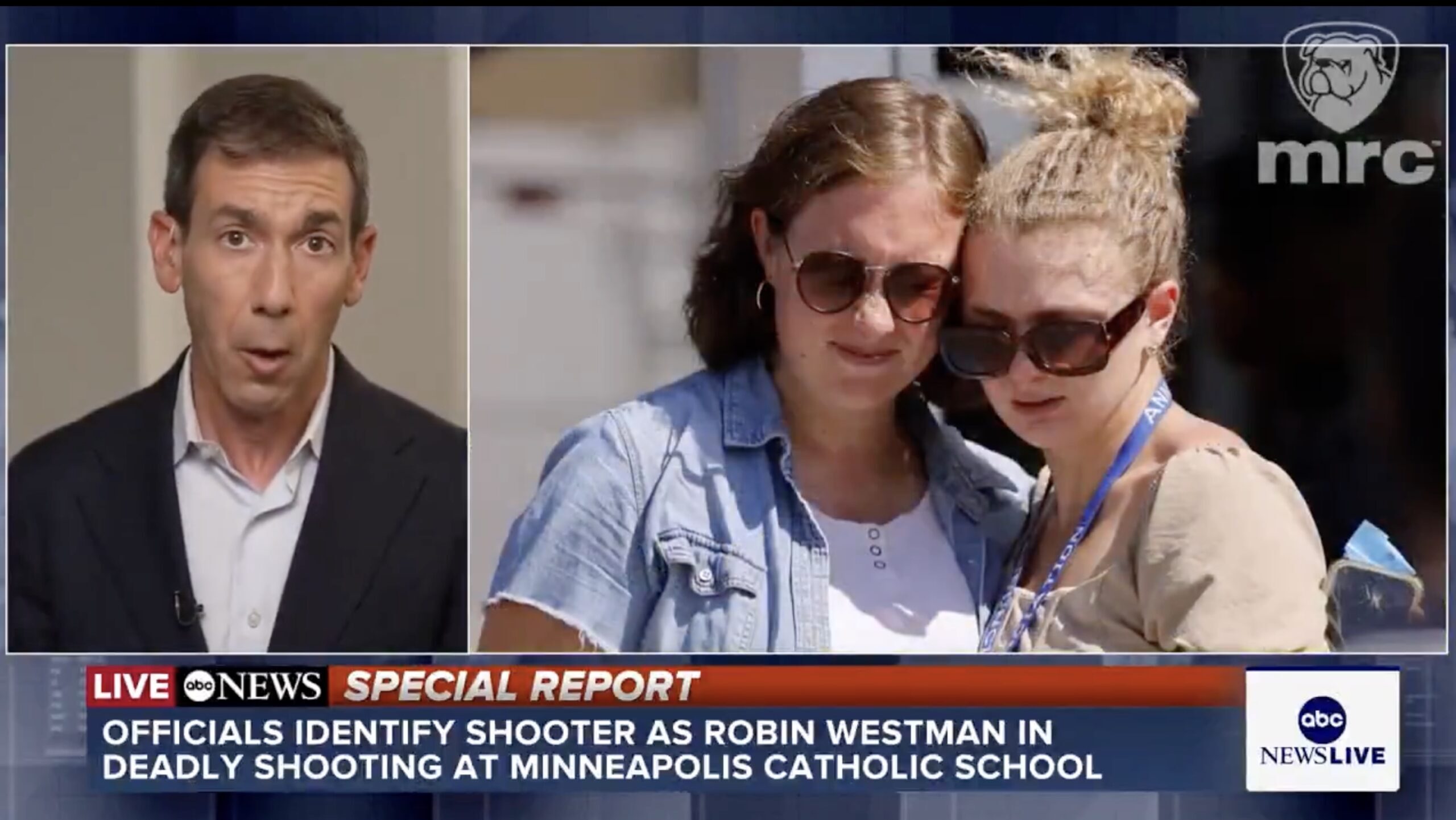A shooting at a Minneapolis Catholic school on August 27, 2025, left two children dead and several others injured, prompting a national conversation about media coverage and the identity of the alleged shooter, Robin Westman.
Westman, a 23-year-old who previously identified as Robert Paul Westman, has been described in various media outlets using female pronouns. This has sparked debate over the appropriateness of such language in light of the violent incident.
During a segment on CNN, host Jake Tapper addressed the shooter’s identity, stating, “There’s been some confusion about what the shooter’s name was. Robin Westman’s mother applied to change her child’s name in 2019.” Tapper emphasized that Westman identifies as female and uses the name Robin.
Critics argue that media outlets are prioritizing adherence to preferred pronouns over factual reporting. They contend this approach may obscure the severity of the situation. The New York Times, in its coverage, referred to Westman as “she” and “Ms. Westman,” while discussing the motives behind the shooting, which remain unclear.
On MSNBC, investigative correspondent Marc Santia also used “they/them” pronouns when describing Westman, stating, “Police have said publicly that Robin Westman is in their twenties, with a limited criminal history.” Santia noted that law enforcement confirmed the suspect left behind troubling videos and writings.
BBC Verify Assistant Editor Olga Robinson similarly referred to Westman using female pronouns, explaining, “As soon as the name Robin Westman emerged online as the suspect in the Minneapolis school shooting, we started looking for any social media by that person.” Robinson highlighted the suspect’s previous name change as part of their identification process.
Supporters of using preferred pronouns argue that it is essential to respect individuals’ identities, regardless of their actions. They maintain that language should reflect personal identity, even in the context of criminal behavior.
However, many critics assert that the media’s willingness to accommodate such identities in reporting is problematic. They argue it detracts from the gravity of violent acts and may contribute to a broader cultural issue regarding the normalization of certain ideologies.
The incident has reignited discussions about the role of media in shaping public perception and the responsibilities that come with reporting on sensitive topics. Some commentators believe that the media’s approach could influence how society views issues related to gender identity and violence.
As the investigation into the shooting continues, the debate over language and identity in media coverage is likely to persist, reflecting deeper societal divisions over these complex issues.
READ 23 Attorneys General Ask EPA To Defund Climate Lawfare Group



